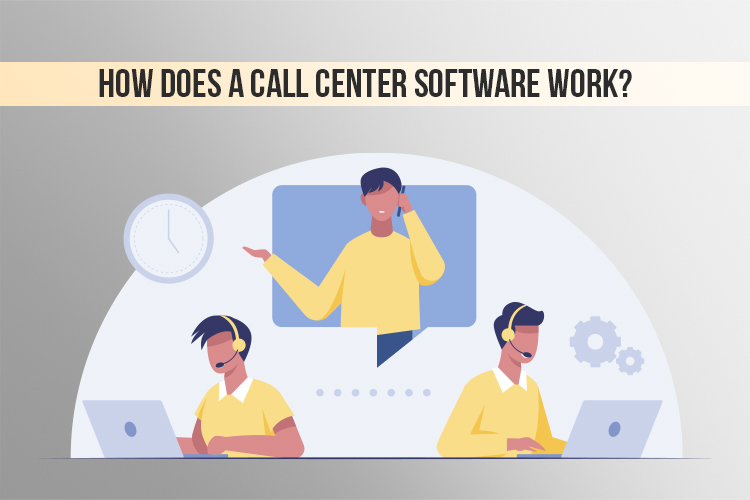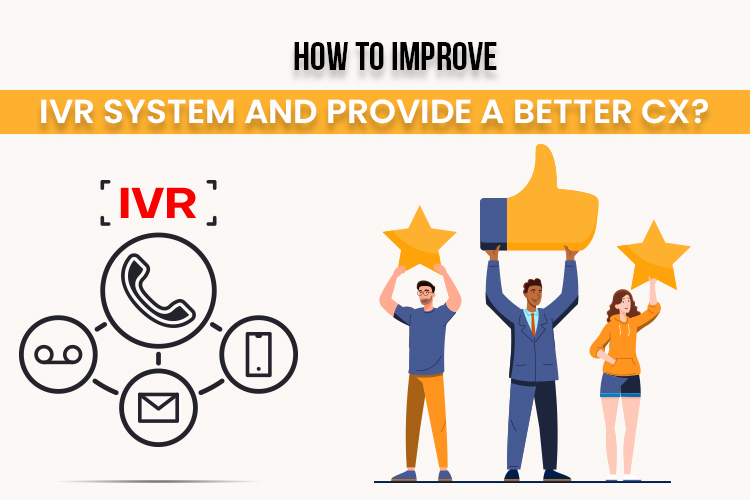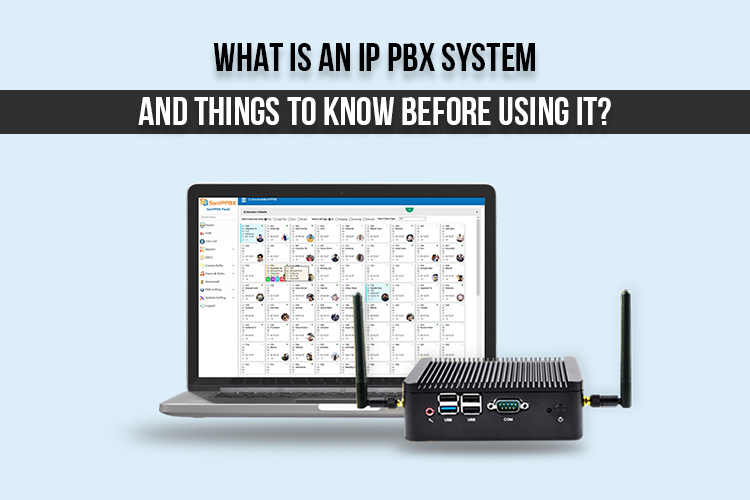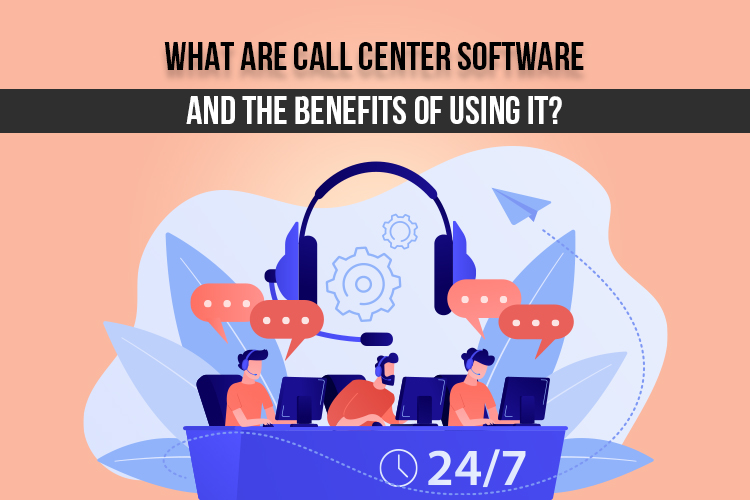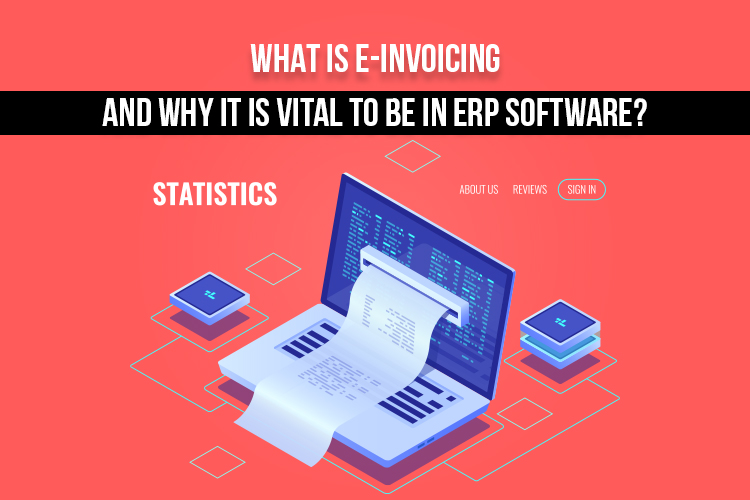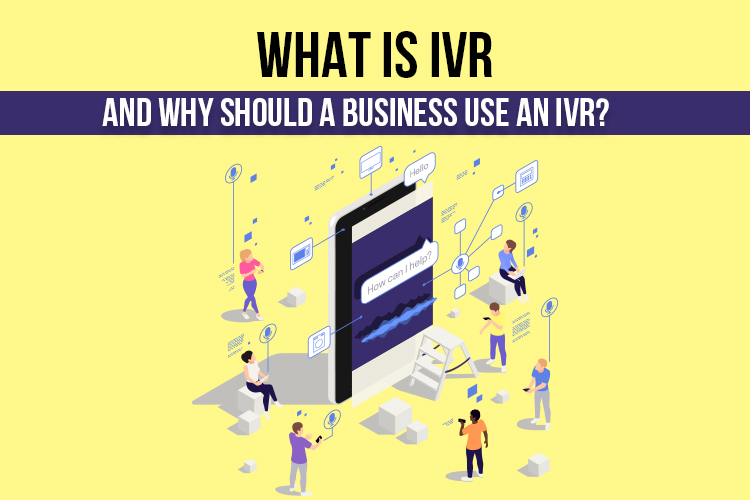- Products
- SanCCS Call Center
- Santrans
- SanTMS
- SanORDO
- SanIVR bot
- SanIPPBX
- SanE-visa
- SanCSS(Hosted Call Center)
- VedaERP – Best Lead Management & Accounting Software
- SanCall Assist – A Reliable Cloud Call Center Software System
- Customised Soft Development

SanCCS(Call Center Solution)
The most advanced call center solutions in the industry.

SanCCS(Hosted Call Center Solution)
SanCCS Hosted solution works with Zero Hardware Requirement.

EasyGoIVR(Hosted IVR)
Cloud bases service which give you real time seamless call reporting.

SanE-Visa(Immigration CRM)
CRM to manage Leads, Status, College fee Structures, Invoice.

VedaERP(LMS and ERP Software)
Cloud based ERP solution to track all steamline accounting process.

SanTMS(Ticket Management)
SanTMS allows you to manage your customer tickets.

SanTrans(Transport Management)
Manages all routine transport transactions.

SanORDO(Order Management)
Automates and steamlines order processing for businesses.

SanIPPBX
To connect multi-branches office over internet to voice call.

SanCBS(Call Billing Software)
Optimize your billing with ERP software.

SanOBD(IVR Blasting)
Ultimate IVR broadcasting software system

SanIVR Bot
AI enabled IVR Bot system

SanCCS(Call Center Solution)
The most advanced call center solutions in the industry.

SanCCS(Hosted Call Center Solution)
SanCCS Hosted solution works with Zero Hardware Requirement.

EasyGoIVR(Hosted IVR)
Cloud bases service which give you real time seamless call reporting.

SanE-Visa(Immigration CRM)
CRM to manage Leads, Status, College fee Structures, Invoice.

VedaERP(LMS and ERP Software)
Cloud based ERP solution to track all steamline accounting process.

SanTMS(Ticket Management)
SanTMS allows you to manage your customer tickets.

SanTrans(Transport Management)
Manages all routine transport transactions.

SanORDO(Order Management)
Automates and steamlines order processing for businesses.

SanIPPBX
To connect multi-branches office over internet to voice call.

SanCBS(Call Billing Software)
Optimize your billing with ERP software.

SanOBD(IVR Blasting)
Ultimate IVR broadcasting software system

SanIVR Bot
AI enabled IVR Bot system
- Industries
- Our Clients
- Resources
- Who We Are
- Career
- Products
- SanCCS Call Center
- Santrans
- SanTMS
- SanORDO
- SanIVR bot
- SanIPPBX
- SanE-visa
- SanCSS(Hosted Call Center)
- VedaERP – Best Lead Management & Accounting Software
- SanCall Assist – A Reliable Cloud Call Center Software System
- Customised Soft Development

SanCCS(Call Center Solution)
The most advanced call center solutions in the industry.

SanCCS(Hosted Call Center Solution)
SanCCS Hosted solution works with Zero Hardware Requirement.

EasyGoIVR(Hosted IVR)
Cloud bases service which give you real time seamless call reporting.

SanE-Visa(Immigration CRM)
CRM to manage Leads, Status, College fee Structures, Invoice.

VedaERP(LMS and ERP Software)
Cloud based ERP solution to track all steamline accounting process.

SanTMS(Ticket Management)
SanTMS allows you to manage your customer tickets.

SanTrans(Transport Management)
Manages all routine transport transactions.

SanORDO(Order Management)
Automates and steamlines order processing for businesses.

SanIPPBX
To connect multi-branches office over internet to voice call.

SanCBS(Call Billing Software)
Optimize your billing with ERP software.

SanOBD(IVR Blasting)
Ultimate IVR broadcasting software system

SanIVR Bot
AI enabled IVR Bot system

SanCCS(Call Center Solution)
The most advanced call center solutions in the industry.

SanCCS(Hosted Call Center Solution)
SanCCS Hosted solution works with Zero Hardware Requirement.

EasyGoIVR(Hosted IVR)
Cloud bases service which give you real time seamless call reporting.

SanE-Visa(Immigration CRM)
CRM to manage Leads, Status, College fee Structures, Invoice.

VedaERP(LMS and ERP Software)
Cloud based ERP solution to track all steamline accounting process.

SanTMS(Ticket Management)
SanTMS allows you to manage your customer tickets.

SanTrans(Transport Management)
Manages all routine transport transactions.

SanORDO(Order Management)
Automates and steamlines order processing for businesses.

SanIPPBX
To connect multi-branches office over internet to voice call.

SanCBS(Call Billing Software)
Optimize your billing with ERP software.

SanOBD(IVR Blasting)
Ultimate IVR broadcasting software system

SanIVR Bot
AI enabled IVR Bot system
- Industries
- Our Clients
- Resources
- Who We Are
- Career
- Products
- SanCCS Call Center
- Santrans
- SanTMS
- SanORDO
- SanIVR bot
- SanIPPBX
- SanE-visa
- SanCSS(Hosted Call Center)
- VedaERP – Best Lead Management & Accounting Software
- SanCall Assist – A Reliable Cloud Call Center Software System
- Customised Soft Development

SanCCS(Call Center Solution)
The most advanced call center solutions in the industry.

SanCCS(Hosted Call Center Solution)
SanCCS Hosted solution works with Zero Hardware Requirement.

EasyGoIVR(Hosted IVR)
Cloud bases service which give you real time seamless call reporting.

SanE-Visa(Immigration CRM)
CRM to manage Leads, Status, College fee Structures, Invoice.

VedaERP(LMS and ERP Software)
Cloud based ERP solution to track all steamline accounting process.

SanTMS(Ticket Management)
SanTMS allows you to manage your customer tickets.

SanTrans(Transport Management)
Manages all routine transport transactions.

SanORDO(Order Management)
Automates and steamlines order processing for businesses.

SanIPPBX
To connect multi-branches office over internet to voice call.

SanCBS(Call Billing Software)
Optimize your billing with ERP software.

SanOBD(IVR Blasting)
Ultimate IVR broadcasting software system

SanIVR Bot
AI enabled IVR Bot system

SanCCS(Call Center Solution)
The most advanced call center solutions in the industry.

SanCCS(Hosted Call Center Solution)
SanCCS Hosted solution works with Zero Hardware Requirement.

EasyGoIVR(Hosted IVR)
Cloud bases service which give you real time seamless call reporting.

SanE-Visa(Immigration CRM)
CRM to manage Leads, Status, College fee Structures, Invoice.

VedaERP(LMS and ERP Software)
Cloud based ERP solution to track all steamline accounting process.

SanTMS(Ticket Management)
SanTMS allows you to manage your customer tickets.

SanTrans(Transport Management)
Manages all routine transport transactions.

SanORDO(Order Management)
Automates and steamlines order processing for businesses.

SanIPPBX
To connect multi-branches office over internet to voice call.

SanCBS(Call Billing Software)
Optimize your billing with ERP software.

SanOBD(IVR Blasting)
Ultimate IVR broadcasting software system

SanIVR Bot
AI enabled IVR Bot system
- Industries
- Our Clients
- Resources
- Who We Are
- Career

 Our Blogs
Our Blogs Culture
Culture SAN In Media
SAN In Media About Us
About Us Contact Us
Contact Us Our Team
Our Team